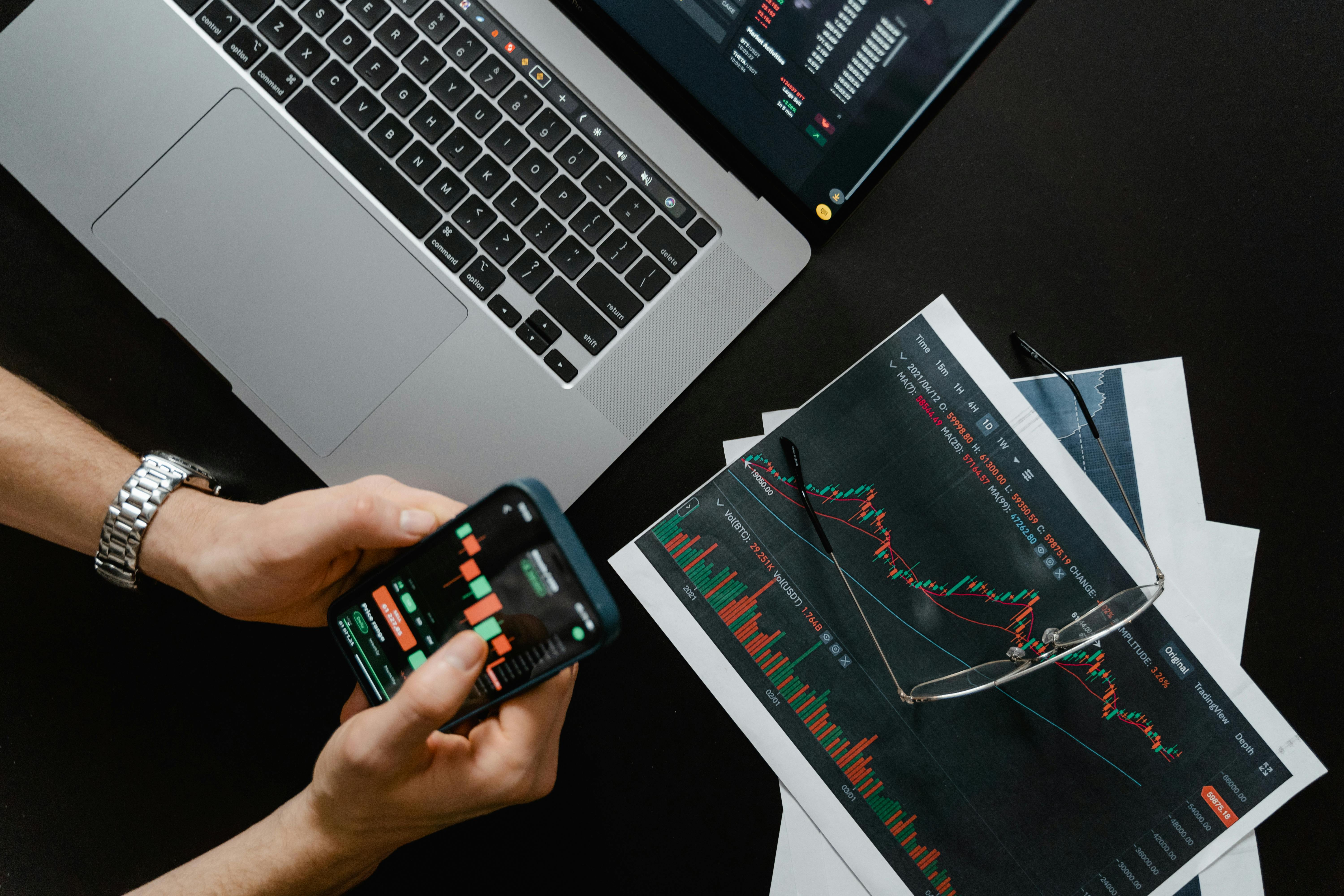
Art Tokenization: Revolutionizing Digital Asset Ownership and Investment
Art Tokenization: Bridging Traditional Art Markets with Digital Innovation
Understanding Art Tokenization
Art tokenization represents a groundbreaking technological approach that transforms physical artwork into digital securities through blockchain platforms. This sophisticated process enables fractional ownership, enhanced liquidity, and unprecedented transparency in art investments. By converting traditional art assets into blockchain-based tokens, investors can now participate in art markets with significantly reduced entry barriers and improved transaction efficiency.
Global Legal Frameworks for Art Tokenization
The legal landscape surrounding art tokenization varies extensively across international jurisdictions. In the United States, regulatory bodies like the Securities and Exchange Commission (SEC) provide stringent guidelines for digital asset classification. Meanwhile, jurisdictions such as the Cayman Islands and British Virgin Islands offer more flexible regulatory environments that facilitate innovative tokenization strategies.
Key Regulatory Considerations
- Securities Compliance: Each jurisdiction imposes unique requirements for digital asset registration and investor protection.
- Tax Implications: Different countries implement varying tax frameworks for blockchain-based art investments.
- Intellectual Property Rights: Tokenization introduces complex considerations regarding artwork ownership and reproduction rights.
Top Art Tokenization Platforms and Protocols
| Platform | Jurisdiction | Key Features | Market Capitalization |
|---|---|---|---|
| Masterworks | United States | Fractional Fine Art Investing | $250M |
| Artex | Switzerland | Multi-Asset Art Investment | $150M |
| Niftify | Liechtenstein | Digital Art Authentication | $75M |
Market Trends and Investment Dynamics
Recent market analysis from 2023 demonstrates exponential growth in art tokenization. Global investment volumes have increased by approximately 35% compared to previous years, with digital art platforms attracting significant institutional and retail investor interest. The convergence of blockchain technology and traditional art markets creates unprecedented opportunities for diversification and asset liquidity.
Technical Infrastructure
Blockchain platforms leveraging smart contract technology enable seamless fractional ownership, automated royalty distributions, and transparent transaction histories. Ethereum-based protocols predominate, offering robust security and programmable investment mechanisms that transcend traditional art market limitations.
Risk Management and Due Diligence
Investors must conduct comprehensive research, analyzing artwork provenance, tokenization structure, platform reputation, and regulatory compliance. Advanced blockchain verification techniques help mitigate potential fraud and ensure authentic representation of physical assets.
Future Implications
The convergence of artificial intelligence, blockchain technology, and digital asset management suggests continued innovation in art tokenization. Emerging technologies will likely enhance valuation mechanisms, improve liquidity, and create more sophisticated investment instruments.
RWA.codes: Pioneering Digital Asset Solutions
At RWA.codes, we specialize in developing comprehensive blockchain solutions for complex digital asset tokenization. Our expert team provides end-to-end services including:
- Custom blockchain platform development
- Legal compliance consulting
- Smart contract engineering
- Digital asset authentication protocols
Our multidisciplinary approach ensures secure, compliant, and innovative tokenization strategies tailored to diverse art investment requirements.